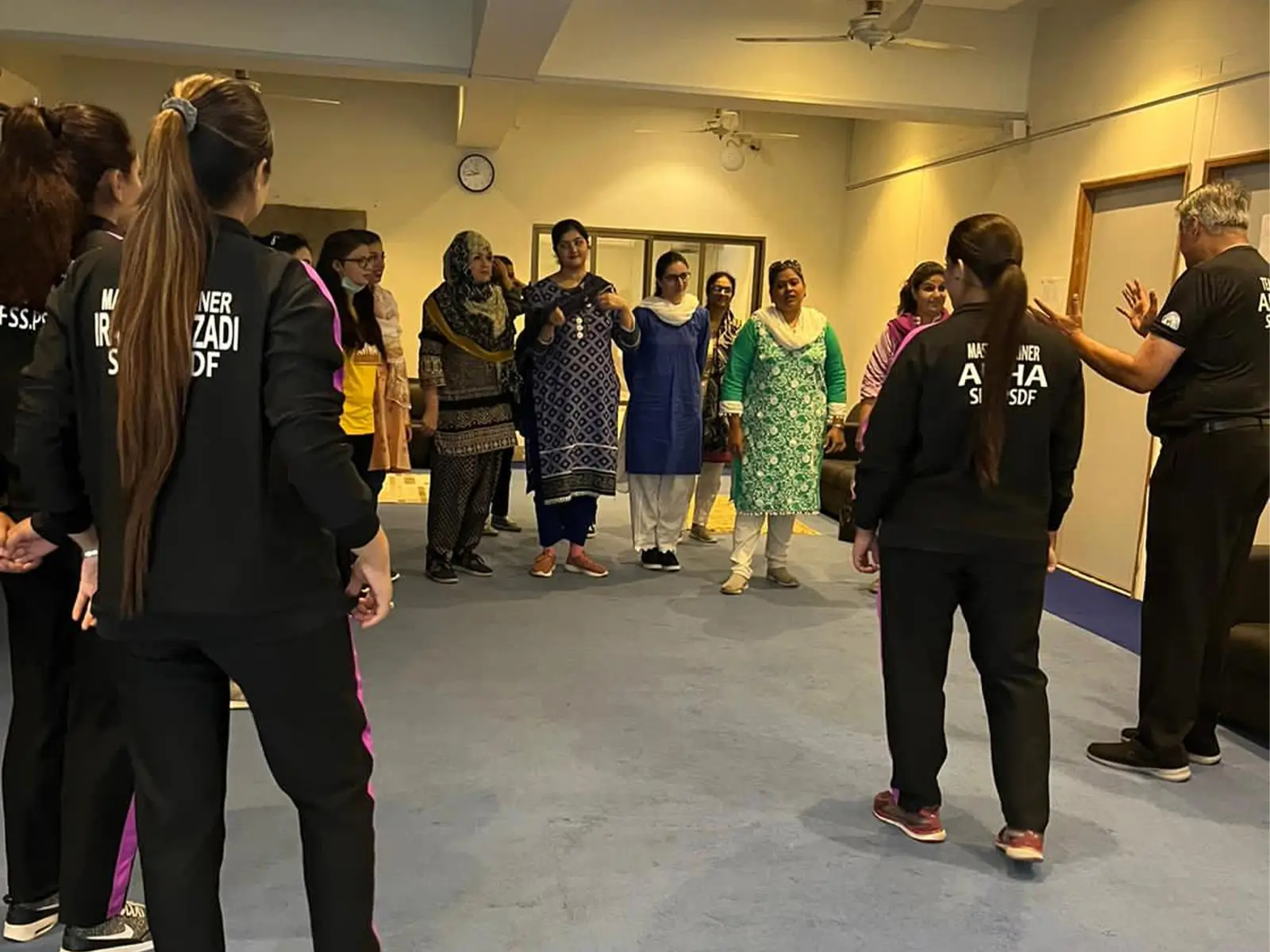
Program Overview
This intensive 1-day self-defense training program is designed to equip participants with essential knowledge and practical skills to defend themselves effectively against harassment and abuse. The course goes beyond physical techniques, incorporating theoretical knowledge about harassment and abuse phenomena, the psychological aspects of self-defense, and a deeper understanding of human anatomy. Additionally, it introduces the concept of kinesiology, helping participants exploit the body’s natural weaknesses, particularly in joint movement and power zones. The training also includes eight core self-defense techniques, designed for real-world situations to ensure participants are both mentally and physically prepared to face threats.
Session 1: Knowledge-Based Training

Understanding Harassment and Abuse Phenomena (1 hour)
The training begins with an in-depth discussion on harassment and abuse, focusing on the different forms these threats can take, including verbal, physical, emotional, and sexual abuse. Participants will learn how to recognize early signs of harassment and understand the behavioral patterns of aggressors. This session is crucial for developing awareness and understanding the root causes of harassment, including cultural and societal influences that contribute to the perpetuation of these behaviors. By grasping the nature of these threats, participants can better avoid or mitigate dangerous situations before they escalate.

Legal Support for Victims (1 hour)
Knowing the legal framework that protects victims of harassment and abuse is empowering. In this session, participants will be introduced to their legal rights, how to report incidents, and the steps needed to file complaints with law enforcement or relevant authorities. The module also covers protective orders, evidence collection, and other legal remedies available to victims. This section is designed to ensure participants know how to navigate the legal system confidently if they ever face harassment or abuse.

The Role of Psychology in Self-Defence (1 hour)
Psychological preparedness is a fundamental aspect of effective self-defense. This session focuses on understanding the role of fear, stress, and anxiety in confrontational situations and how to manage them. Participants will learn techniques for staying calm and focused when faced with a threat, which is essential for executing physical defense techniques effectively. The course will also cover the psychology of aggressors, helping participants recognize patterns in their behavior and respond with confidence. Assertiveness training is emphasized, teaching individuals to set boundaries and respond decisively when confronted with harassment.
Understanding Anatomy and Kinesiology in Self-Defense (1 hour)

The Role of Anatomy in Self-Defense
An understanding of human anatomy is critical to effective self-defense. This session covers the body’s most vulnerable areas, such as the eyes, throat, groin, and knees, which can be targeted to incapacitate an attacker. Participants will learn how to maximize the impact of strikes, regardless of their own physical strength or size, by focusing on these vulnerable points. The course highlights the importance of leverage and positioning, helping individuals understand how to use their body weight and natural movements to overpower an aggressor.
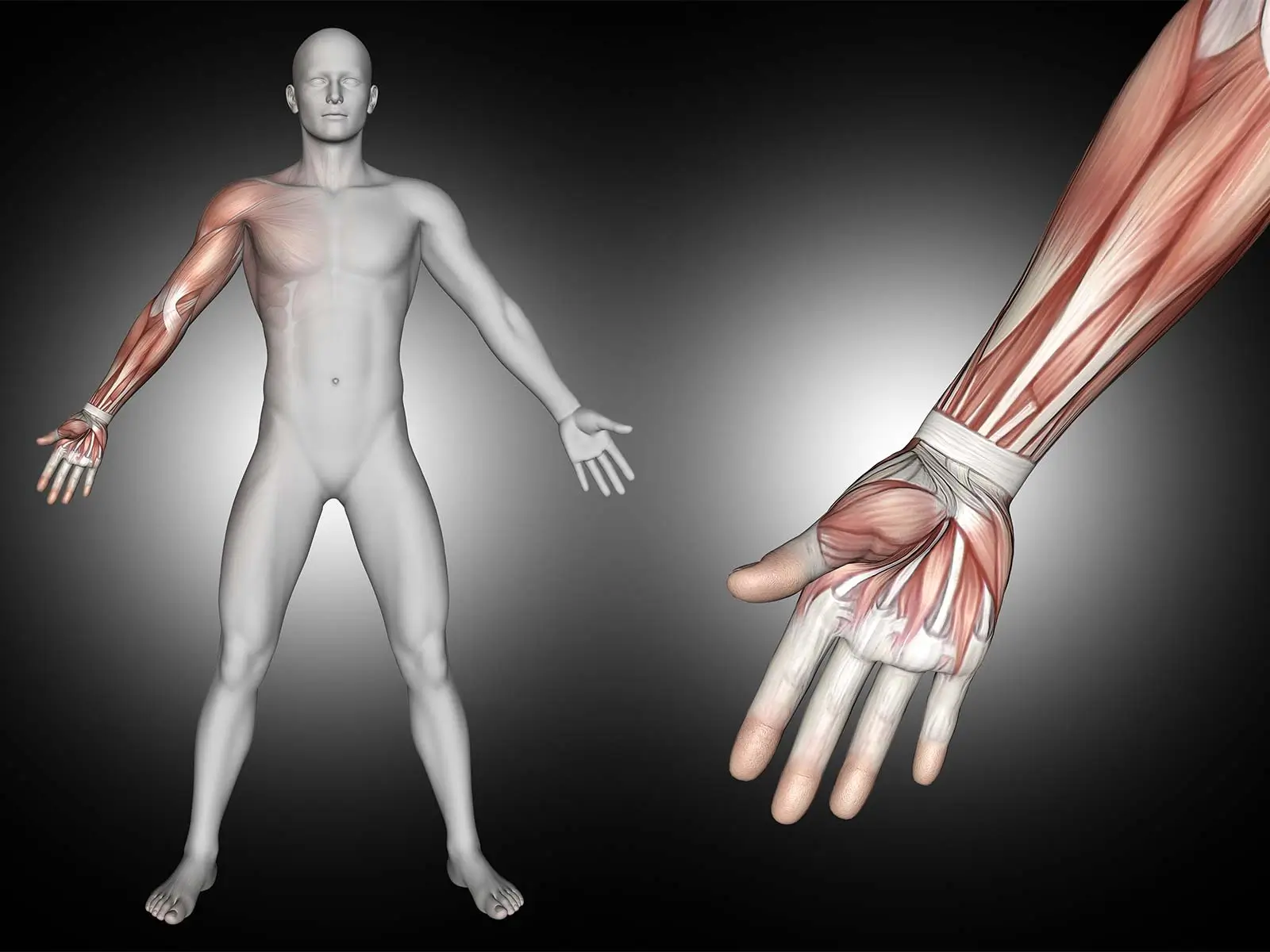
Kinesiology: Exploiting Weak Points in Joint Movement
This module introduces the principles of kinesiology—the study of body movement—and applies them to self-defense. Participants will learn how to exploit weak points in joint movement, such as the elbows, wrists, shoulders, and knees, to disable an attacker. By understanding how joints move and where their natural limits lie, individuals can take advantage of an opponent’s weaknesses, using minimal force to cause maximum disruption. The training emphasizes techniques that take the attacker out of their power zones—positions where they have the most control—by manipulating joints and body mechanics.
Session 2: Physical Self-Defense Training

8 Essential Physical Self-Defense Techniques (4 hours)
The final session of the day is a practical, hands-on training focused on eight essential self-defense techniques. These techniques are designed to be simple, effective, and easy to remember, even under stress. They include escaping Grabs and Ground Defense Techniques.
Each technique is demonstrated and practiced multiple times with partners to ensure participants understand the mechanics and can execute them effectively. The focus is on practical applications, ensuring that participants leave the course with confidence in their ability to respond to real-life threats.
Conclusion
By the end of this 1-day self-defense training, participants will have gained valuable knowledge and practical skills to protect themselves from harassment and abuse. The course provides a well-rounded understanding of both the mental and physical aspects of self-defense, covering the psychology behind confrontations, the anatomy of vulnerable points, and the use of kinesiology to exploit an attacker’s weaknesses. Combined with hands-on training in eight essential self-defense techniques, participants will leave with the confidence and capability to defend themselves in a variety of situations.
Explore More Programs
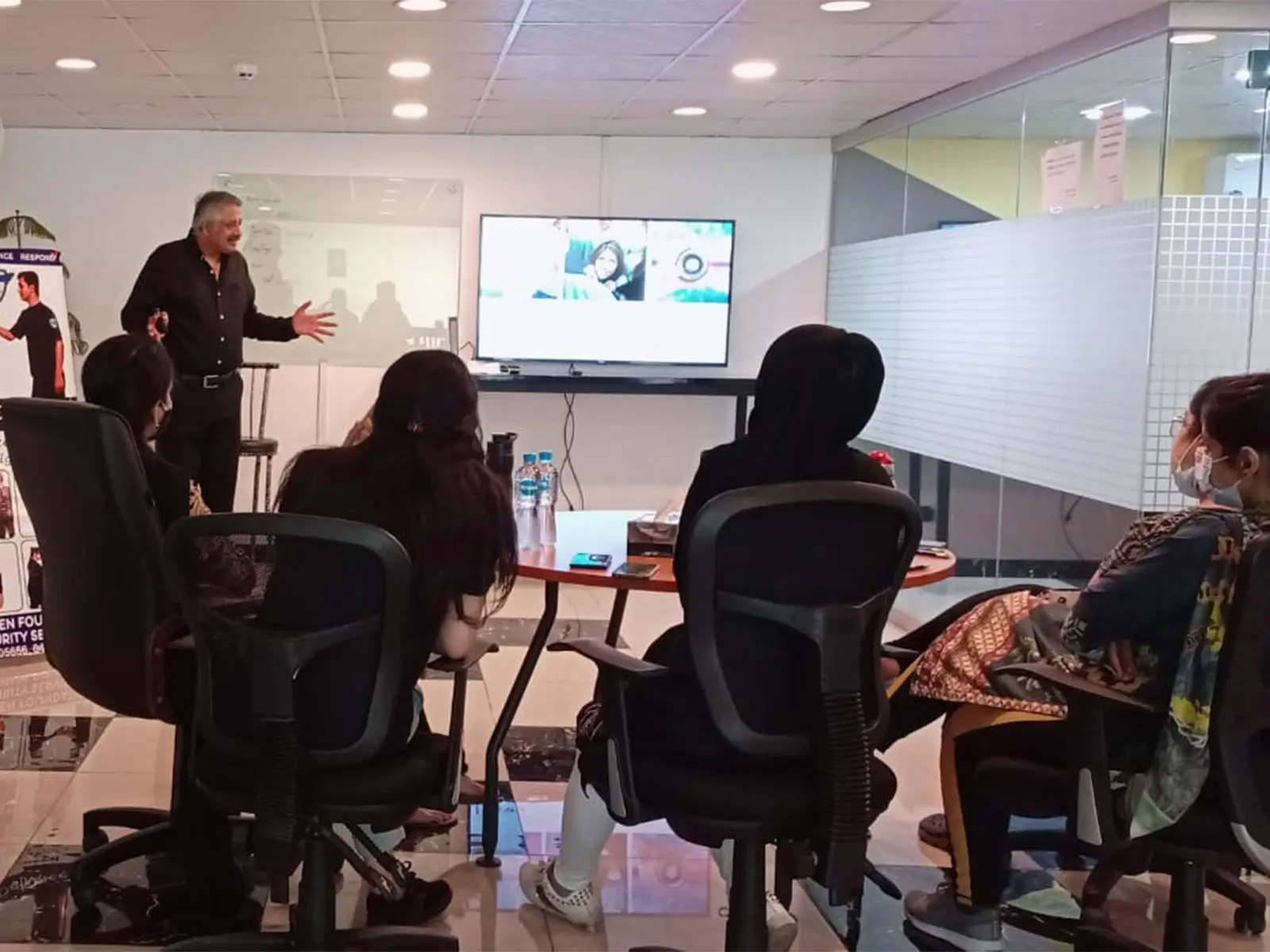
5-Hour Self-Defense Awareness Session
Boost your awareness and learn basic self-defense principles in this 5-hour session. Perfect for gaining foundational skills to recognize and respond to harassment effectively.
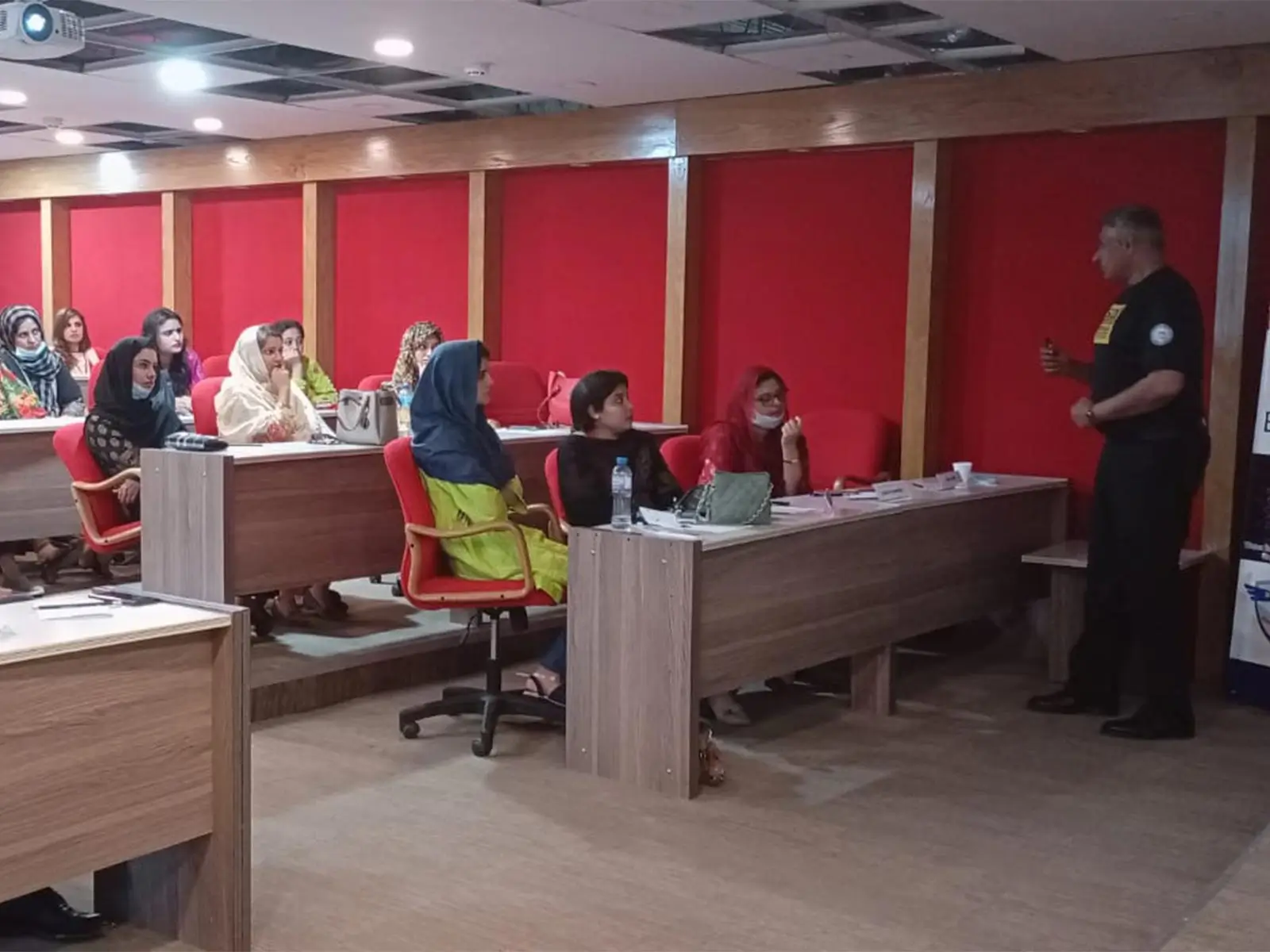
2-Day Self-Defense Intensive
Gain rapid self-defense skills in this immersive 2-day course. Learn how to recognize early warning signs, defend yourself physically, and understand your legal rights.
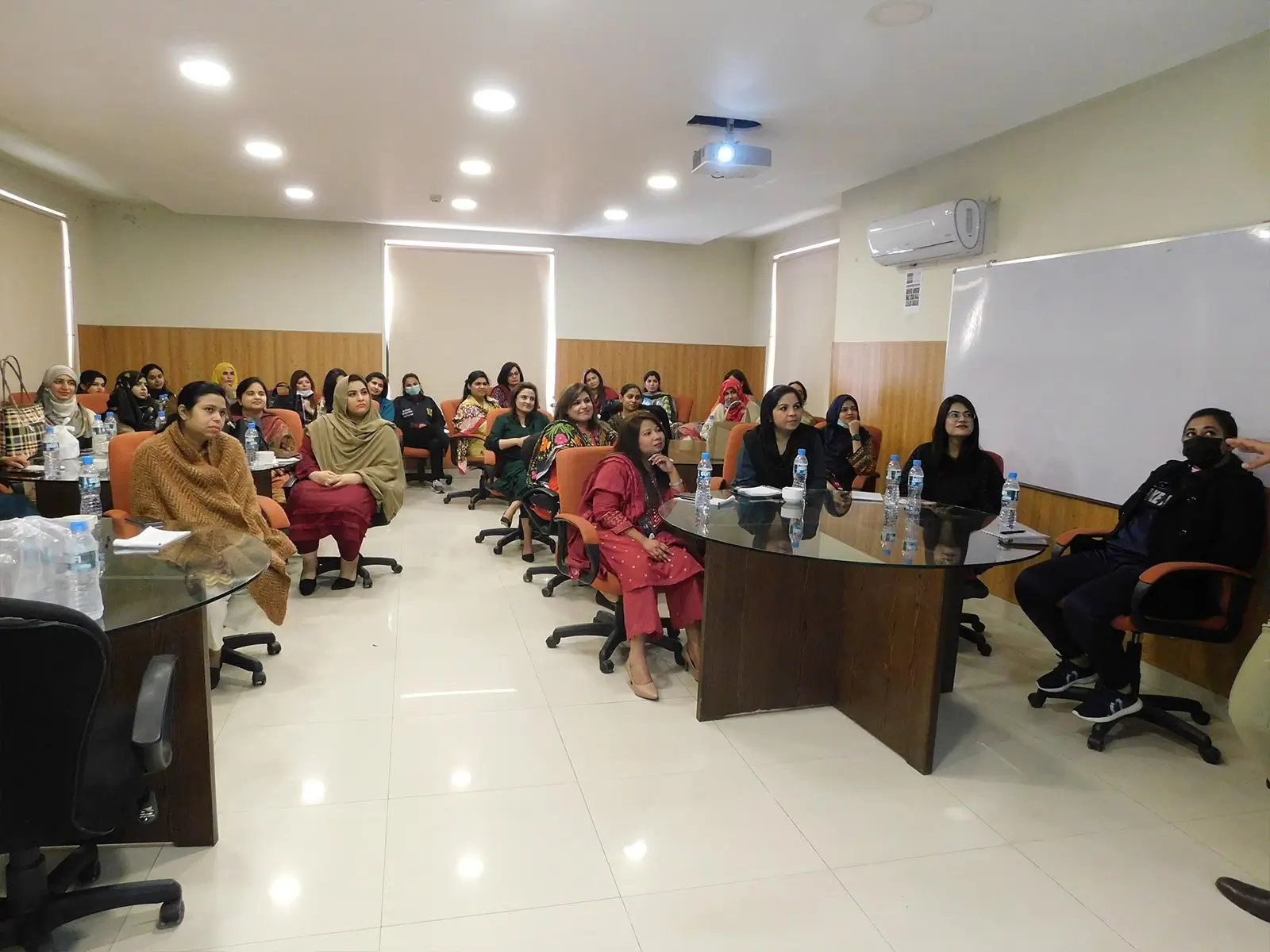
30-Hour High-Impact Self-Defense Course
Master essential self-defense techniques and deepen your understanding of harassment and abuse. This 30-hour course builds both physical and psychological resilience.

1-Month Trainer’s Course (60 Hours)
Fast-track your path to becoming a self-defense instructor with this 60-hour course. Learn practical techniques to handle public harassment and empower others in just one month.
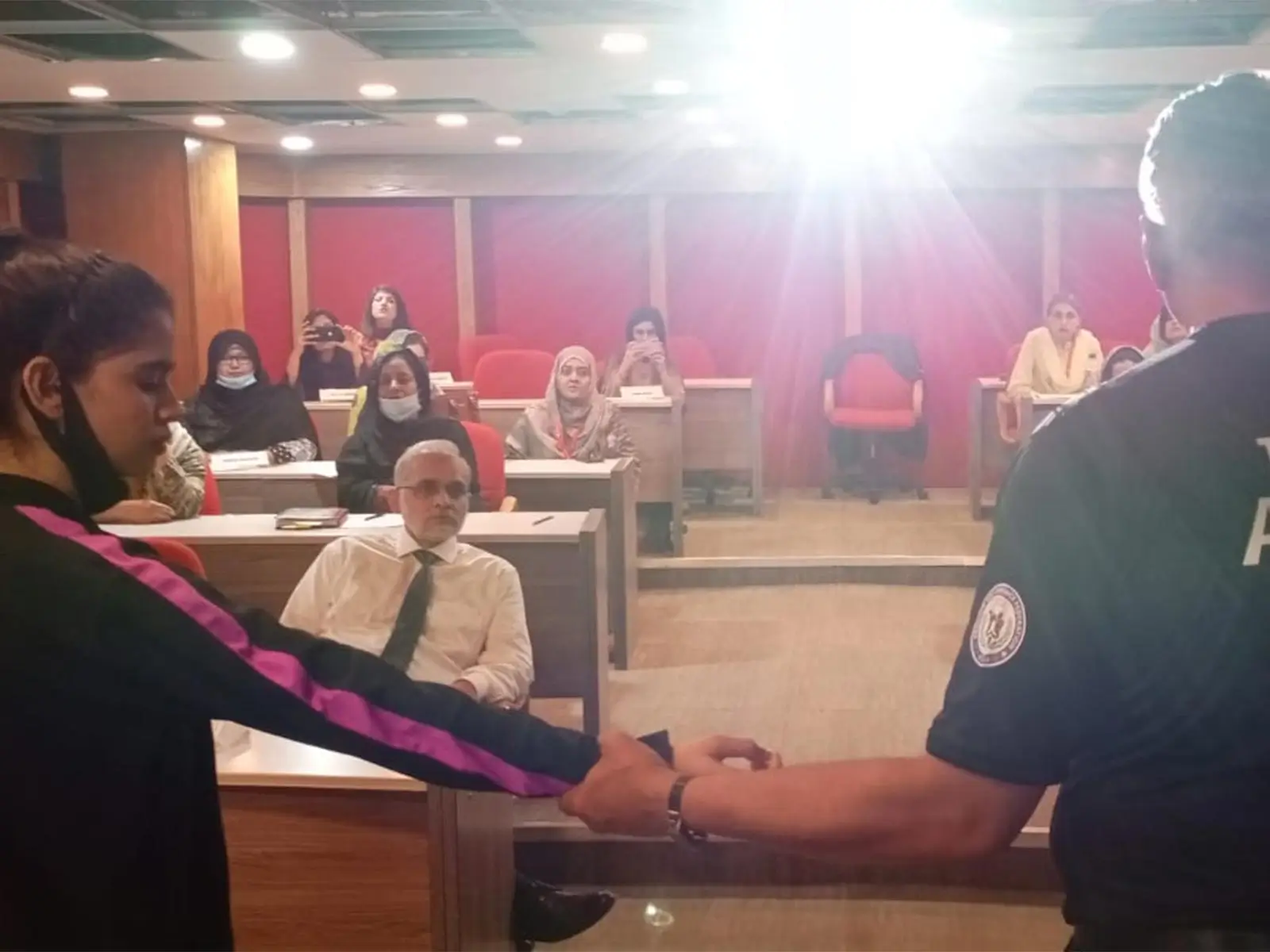
3-Month Trainer’s Course (180 Hours)
Become a certified self-defense trainer with 180 hours of intensive training in martial arts, social resilience, and harassment prevention. Empower yourself and your community with TEVTA and NACTA certification.
Register Now
Gain confidence and learn essential skills to protect yourself. Register today!
